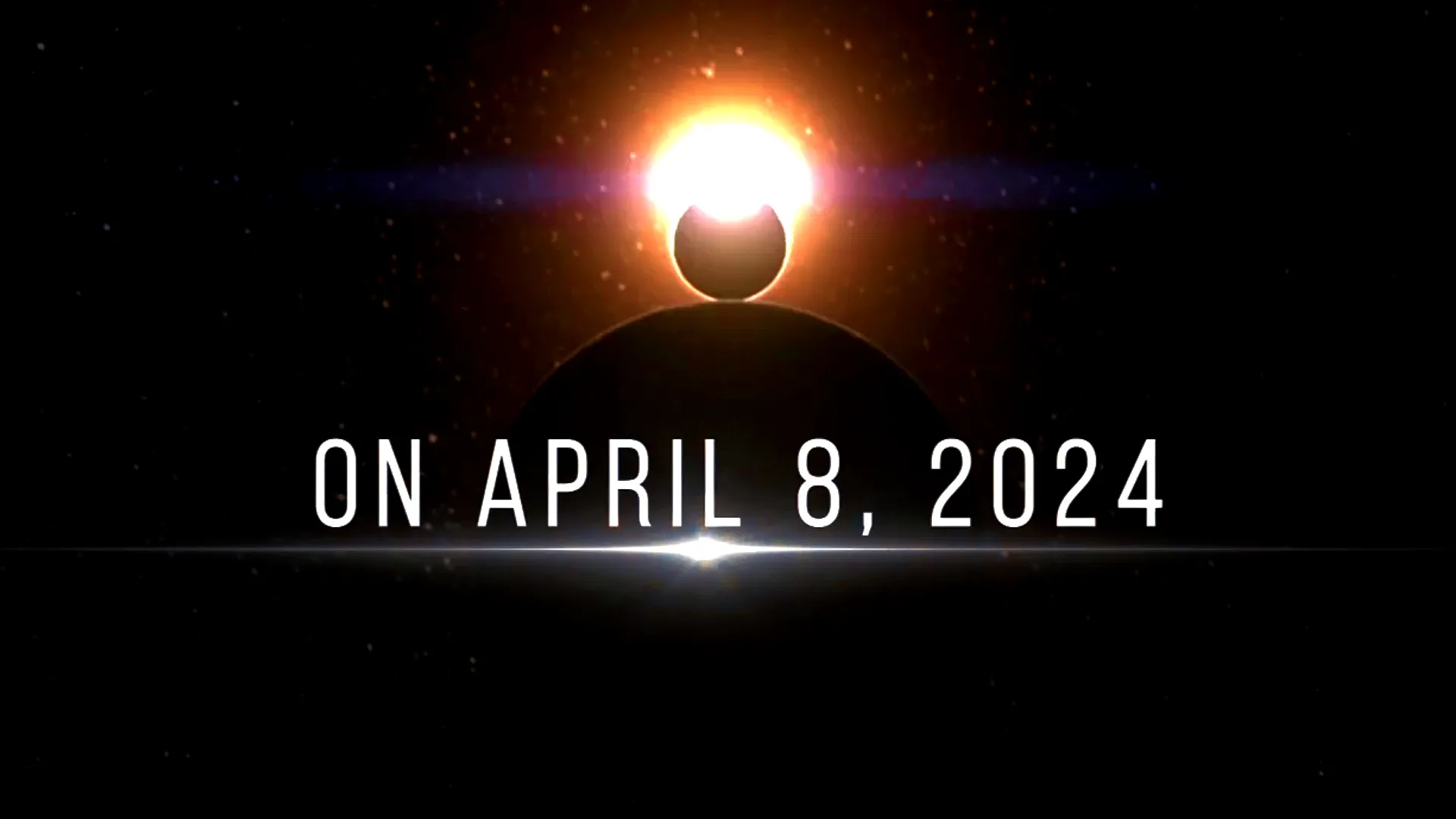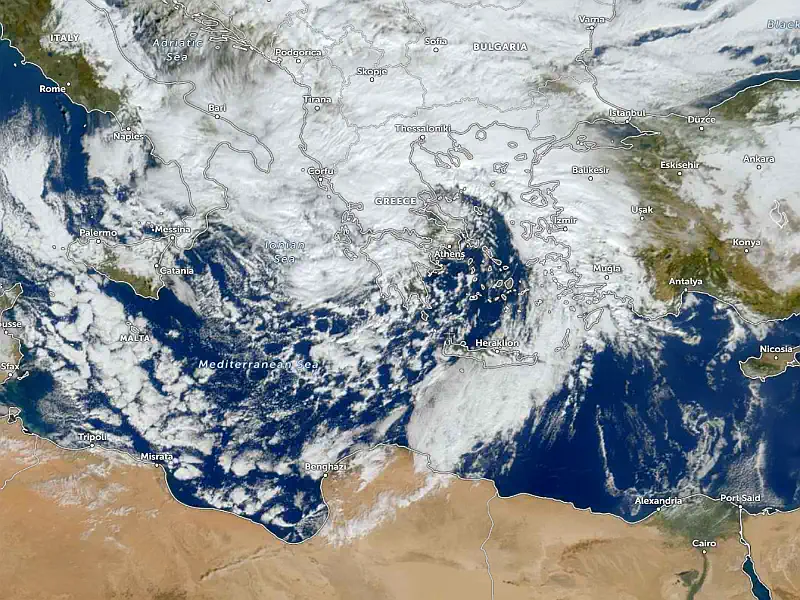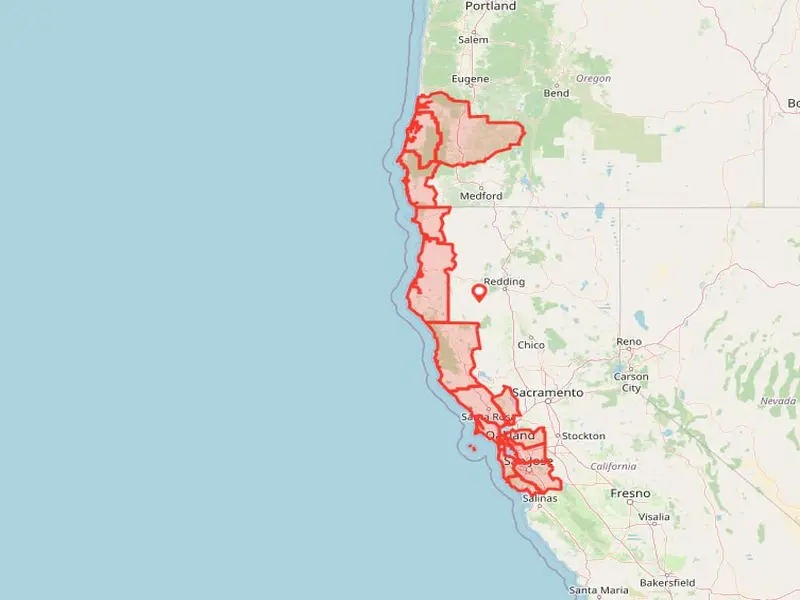
Total Solar Eclipse on April 8, 2024: Where and When to See It
On April 8, 2024, a total solar eclipse will be visible in North America. This is a rare astronomical event that will be observable in the United States, Mexico, and Canada.
Phases of the eclipse:
Partial eclipse:
Begins at 13:47 UTC (10:47 EST) in the Pacific Ocean.
Ends at 20:04 UTC (15:04 EST) in the Atlantic Ocean.
Total eclipse:
Begins at 15:04 UTC (10:04 EST) in Mexico.
Crosses 14 states in the US.
Ends at 16:41 UTC (11:41 EST) in Canada.
Maximum duration of totality:
4 minutes and 27 seconds.
Will occur at 15:51 UTC (10:51 EST) in Texas, USA.
Where to see the total eclipse:
United States:
States: Texas, Oklahoma, Arkansas, Missouri, Illinois, Kentucky, Tennessee, North Carolina, South Carolina, Georgia, Wisconsin, Michigan, Indiana, Ohio.
Mexico:
States: Yucatan, Campeche, Tabasco.
Canada:
Provinces: New Brunswick, Prince Edward Island, Nova Scotia.
Recommendations:
Use special eclipse glasses to safely view the eclipse.
Do not look directly at the sun.
Take photos and videos.
This eclipse will be one of the most significant astronomical events of 2024.
Table: US Cities and Times of the Total Solar Eclipse on April 8, 2024
| City | State | Start Time (UTC) | Start Time (EST) | Duration |
|---|---|---|---|---|
| Eagle Pass | Texas | 15:04:32 | 10:04:32 | 3 minutes 50 seconds |
| Del Rio | Texas | 15:07:16 | 10:07:16 | 3 minutes 53 seconds |
| San Antonio | Texas | 15:11:15 | 10:11:15 | 3 minutes 56 seconds |
| Austin | Texas | 15:15:11 | 10:15:11 | 3 minutes 58 seconds |
| Dallas | Texas | 15:19:28 | 10:19:28 | 3 minutes 58 seconds |
| Texarkana | Texas | 15:23:40 | 10:23:40 | 3 minutes 57 seconds |
| Little Rock | Arkansas | 15:28:43 | 10:28:43 | 3 minutes 55 seconds |
| Memphis | Tennessee | 15:34:06 | 10:34:06 | 3 minutes 53 seconds |
| Nashville | Tennessee | 15:39:25 | 10:39:25 | 3 minutes 51 seconds |
| Louisville | Kentucky | 15:44:42 | 10:44:42 | 3 minutes 49 seconds |
| Indianapolis | Indiana | 15:50:03 | 10:50:03 | 3 minutes 47 seconds |
| Cincinnati | Ohio | 15:55:22 | 10:55:22 | 3 minutes 45 seconds |
| Cleveland | Ohio | 16:00:41 | 11:00:41 | 3 minutes 43 seconds |
| Buffalo | New York | 16:06:02 | 11:06:02 | 3 minutes 41 seconds |
Founder and chief forecaster of the Pogodnik service. He has many years of experience in the meteorological service. He is the author of numerous scientific publications and popular articles about the weather.




